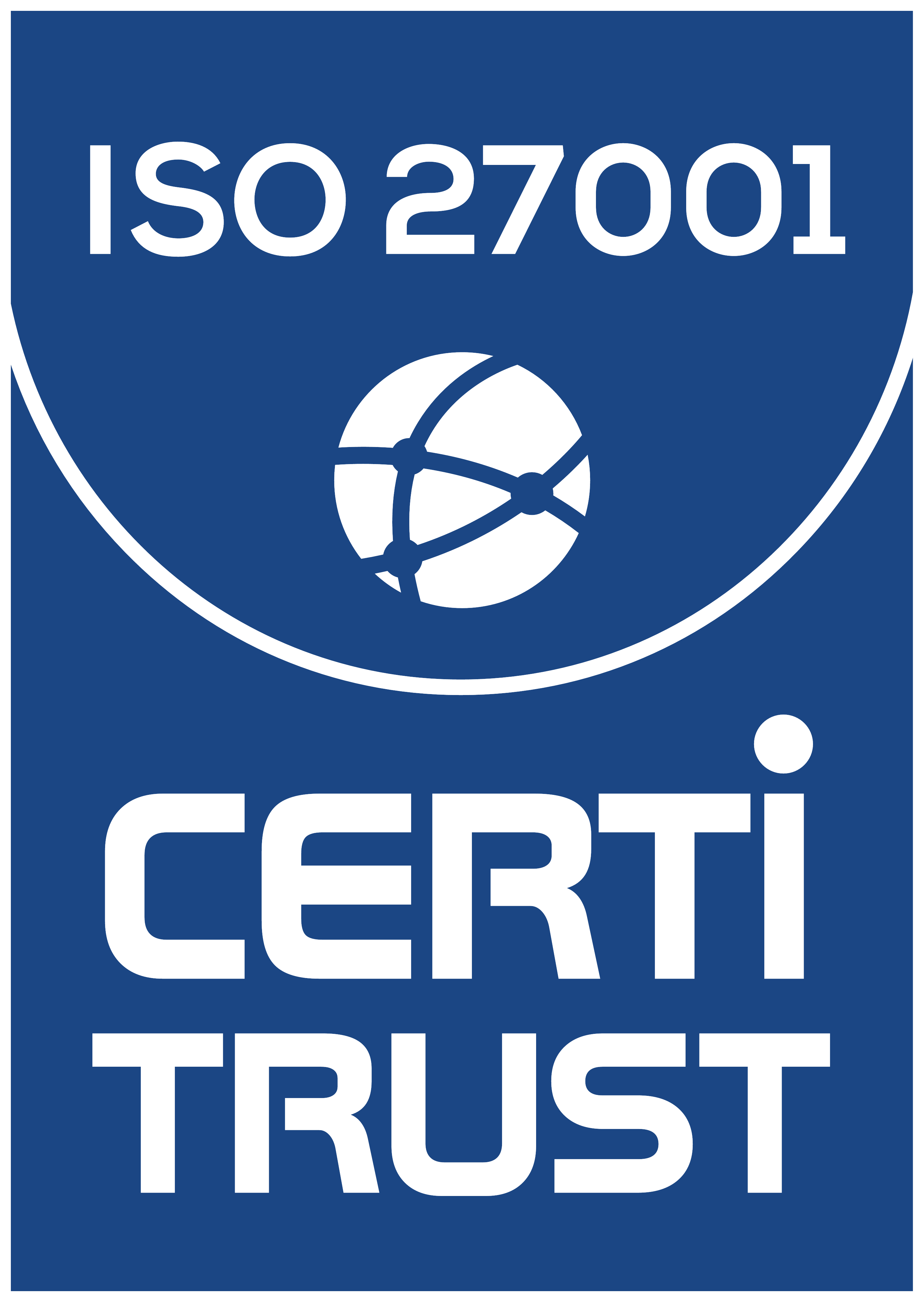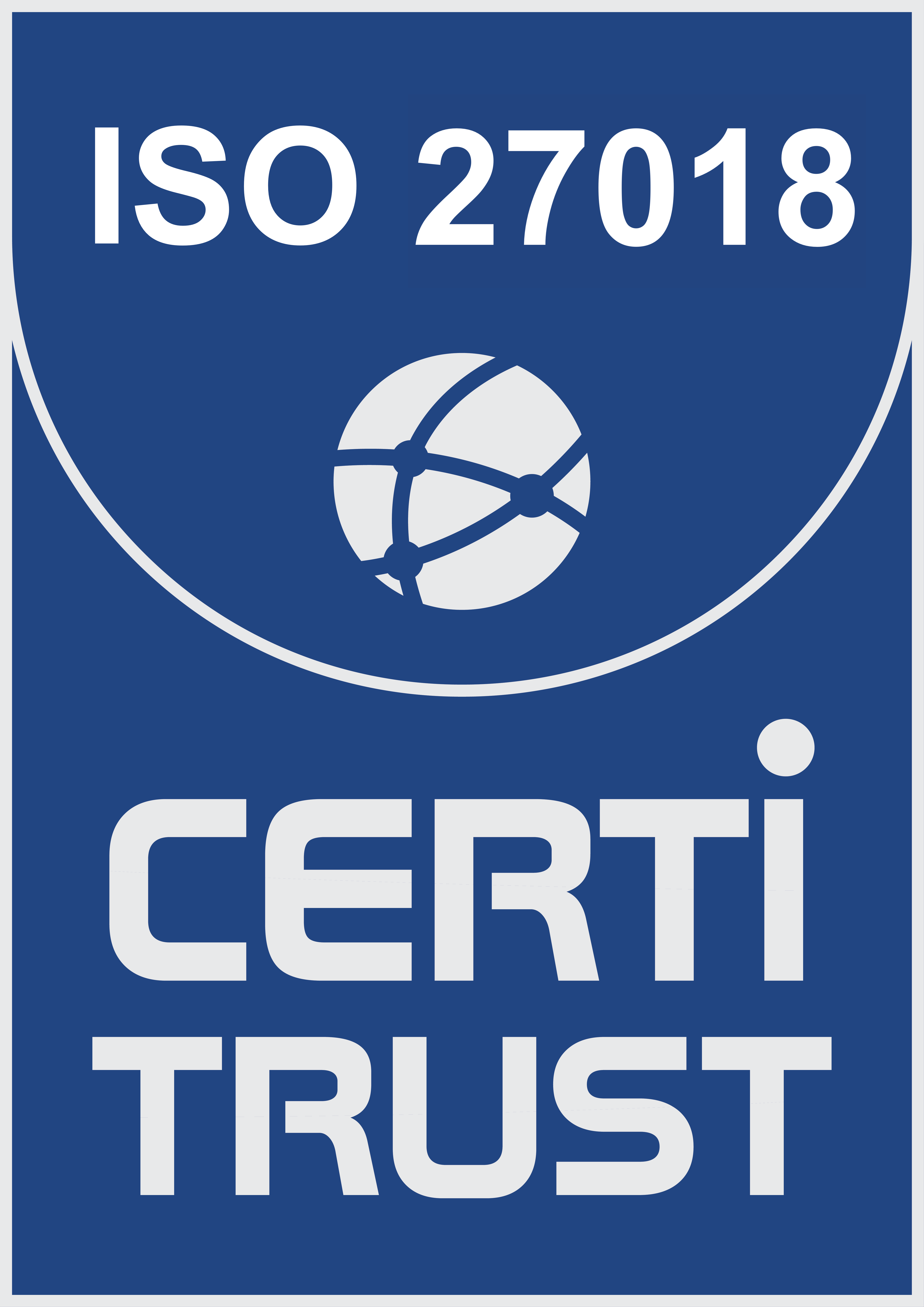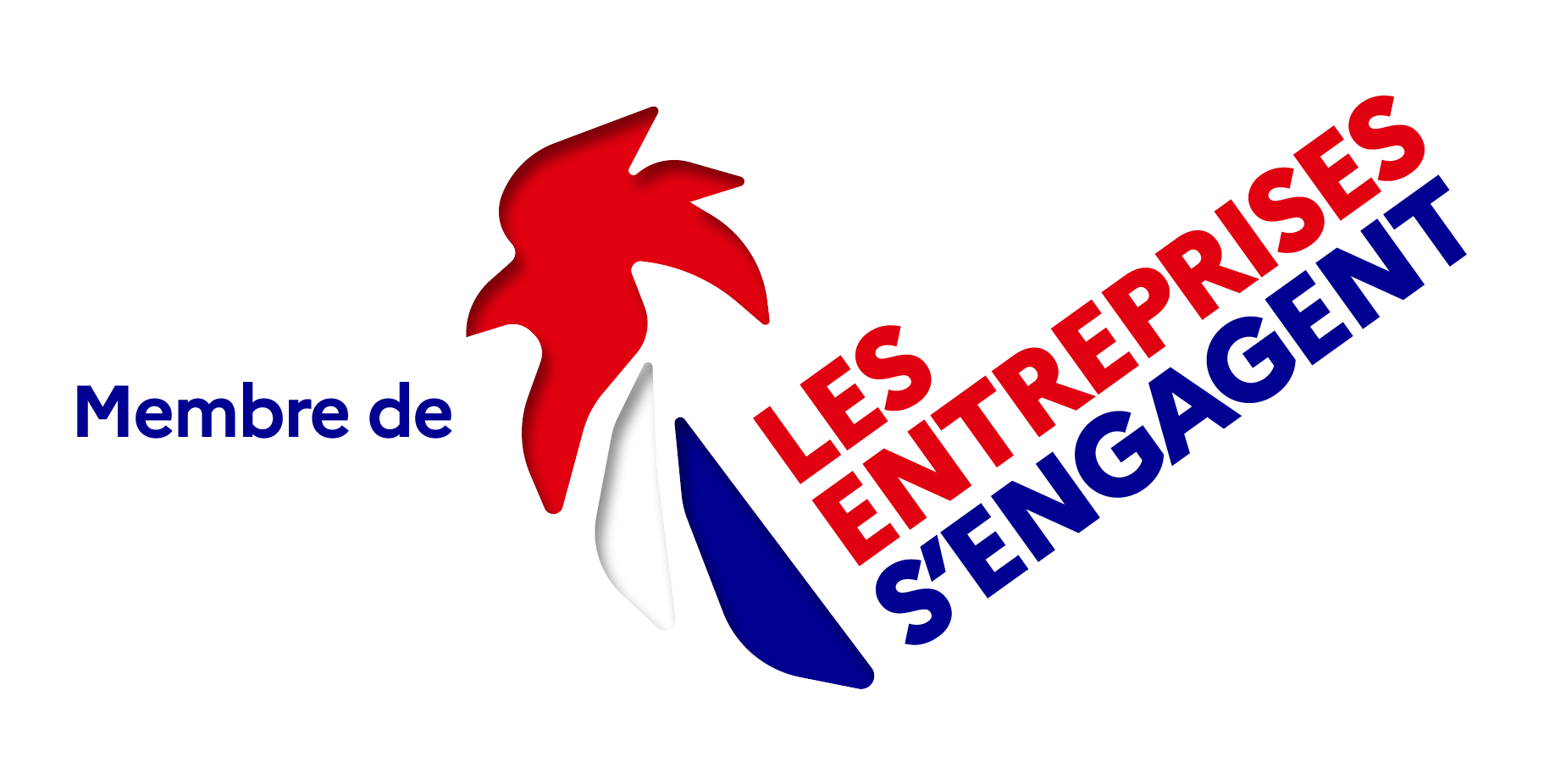Emerging Compliance Challenges and Digital Solutions
Emerging Compliance Challenges and
Digital Solutions
By Smart Global Governance’s Scientific Committee
May 21, 2022
Companies are developing more and more complex compliance organizations to cope with the proliferation of legal obligations and stakeholders’ expectations related to Environment, Social and Governance issues.
>> Download the whitepaper: Emerging Compliance Challenges and Digital Solutions
To address this multiplication of requirements, groups tend to respond with a siloed approach to compliance. Functional silos (compliance, legal, finance, purchasing, communication, etc.) operate alongside geographical silos responding to different national specificities. Duplication of scarce resources, lack of consistency, hidden risks, missing information, and compliance fatigue, are emerging as new threats which can severely hamper the efficiency of compliance organizations.
While sectoral approaches to compliance are unavoidable, the digitalization of compliance and its monitoring through digital platforms is a relevant and cost-effective answer. It allows for global risk assessment and coordinated compliance management. Digital platforms enable the interoperability of existing compliance software as well as internal and external data bases. They dramatically reduce repetitive tasks while offering a real-time monitoring of compliance implementation. Moreover, they enable immediate compliance reporting whether to Top Management or for any stakeholder willing to know if and how the organization meets its expectations.
Compliance budgets are not growing in proportion to the increasingly broad issues that the companies must address. The digitalization of compliance processes and digital platforms offer an opportunity to revisit the way compliance is structured, more actively associating all departments of the company, and capitalizing on existing IT compliance software and data bases. Within budget
constraints, digitalization boosts the efficiency of compliance.
Alongside the progressive digital transformation of compliance, we observe a new generation of Senior Compliance Officers for whom compliance is an answer to both risk management and ethical concerns. With them, compliance becomes a strategic asset sustaining the growth of the company. It is therefore no surprise to see some of them becoming Members of the Executive Committee. Relying on digital platforms to monitor all compliance issues, they provide top management with real-time information on how the organization is responding to its legal obligations and societal expectations. This enables the Executive Committee to include compliance capabilities and challenges in every strategic decision.
You might also be interested in







